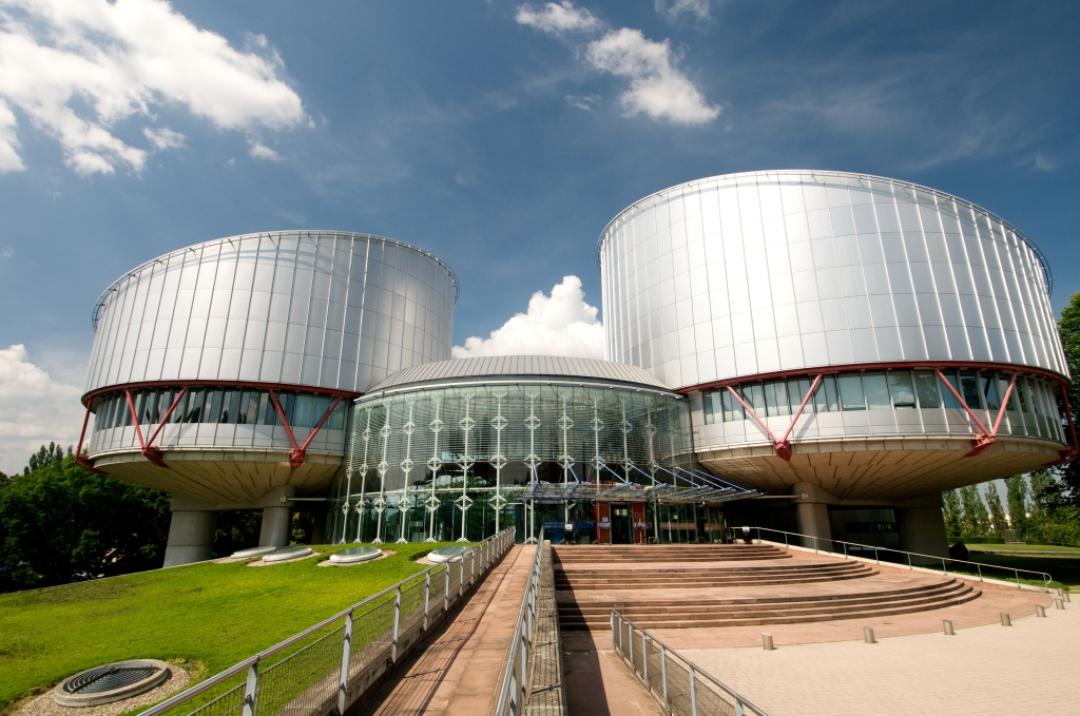
ECHR passes judgement on Georgia vs Russia case

On 21 January, the European Court for Human Rights (ECHR) passed its judgement on the August war between Georgia and Russia in 2008.
The ECHR judgement read that “the Russian Federation had exercised ‘effective control’ over Tskhinvali (South Ossetia), Abkhazia, and the ‘buffer zone’ during the period from 12 August to 10 October 2008, the date of the official withdrawal of the Russian troops.” After that period, the strong Russian presence and the Tskhinvali and Abkhazian authorities’ dependency on the Russian Federation indicated that there had been continued “effective control” over the regions. The Court concluded that “the events occurring after the cessation of hostilities – that is, following the ceasefire agreement of 12 August 2008 – had fallen within the jurisdiction of the Russian Federation. It found a number of violations of the Convention.” These included violations of the right to life, the prohibition of torture, right to liberty and security, freedom of movement, and the obligation to cooperate with the Court.
Further, the Court ruled that Russia was responsible for “official tolerance” of the killing of civilians and looting and burning of houses belonging to ethnic Georgians in Tskhinvali and other areas taken by Russian forces during the war. The ECHR also found Russia responsible for the actions by Tskhinvali authorities leading to inhuman and degrading treatment of ‘some 160 Georgian civilians’ in a detention centre of the de facto Tskhinvali Interior Ministry. The Court also found that Russia was responsible for the inability of ethnic Georgians displaced by the war to return to their homes following the conflict up until 23 May 2018, the date of the hearing on the merits of the case, and that it failed to investigate human rights violations in the regions.
However, the Court found that Russia was not responsible for violations committed by Abkhazian and South Ossetian forces during the phase of active hostilities from 8 August to 12 August. The court also suggested that Georgia started the war on the background of “ever-mounting tensions, provocations and incidents between the two countries.” “On the night of 7 to 8 August 2008, the Georgian forces launched an artillery attack on the city of Tskhinvali, the administrative capital of South Ossetia,” the court’s ruling states. “From 8 August 2008 Russian ground forces penetrated into Georgia by crossing through Abkhazia and South Ossetia before entering the neighbouring regions in undisputed Georgian territory.” Georgia’s claim that the looting and destruction of schools and libraries and intimidation of ethnic Georgian pupils and teachers violated the right to education was dismissed due to a lack of evidence. The ECHR’s ruling in this case also did not demand any compensation.
Georgia’s Prime Minister Giorgi Gakharia announced after the judgement that “Georgia won over Russia.” “Today is the most important day in Georgia’s recent history. [The] Georgia-Russia dispute ended in Georgia’s victory at the European Court of Human Rights! This is a common victory!” Gakharia wrote on his Facebook page. Gakharia also said that it ought to lay the ground for a “new stage in the fight for the country’s de-occupation” and vowed to unveil a “new plan for de-occupation in the nearest future.”
The Russian authorities also celebrated the judgement as Russia’s victory. “After a nearly 12-year consideration of the case, the ECHR came to a conclusion that the Russian Federation cannot be held accountable under the Convention for the Protection of Human Rights and Fundamental Freedoms for incidents, which occurred when the Russian servicemen were repelling attacks of the Georgian army against a peacekeeping contingent and the local civilian population on August 8-12, 2008,” Russia’s Justice Ministry said. The ministry also dismissed some of the ECHR’s conclusions, including holding Russia accountable for incidents that occurred in South Ossetia and Abkhazia after August 12, 2008, highlighting that there was no direct evidence of Russian troops’ involvement in those events.
The ruling coincided with the EU Parliament’s annual report on the implementation of the Common Foreign and Security Policy where EU parliamentarians expressed concern that Russia’s “military forces were still occupying large parts of Ukraine and Georgia” and that Russia continued destabilising “peace and security in the region.”
See Also


Simonyan: “Armenia Should Trade with Turkey and Azerbaijan Instead of Closing Borders”

Mirzoyan Meets US Deputy Assistant Secretary Joshua Huck

Azerbaijani President Holds Talks with UAE and German Business Delegations on Economic Cooperation

Grigoryan Confirms Armenia’s Readiness to Dissolve OSCE Minsk Group Upon Peace Treaty Signing

